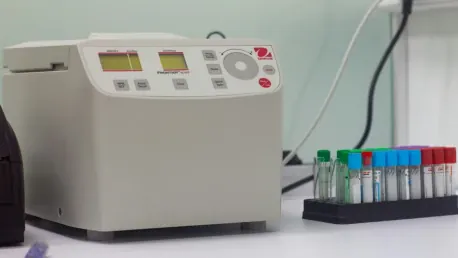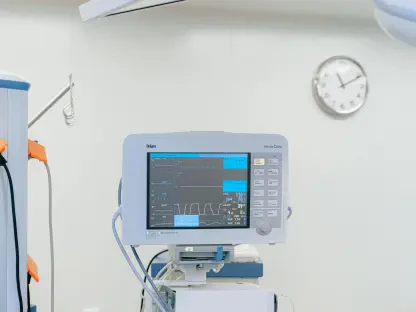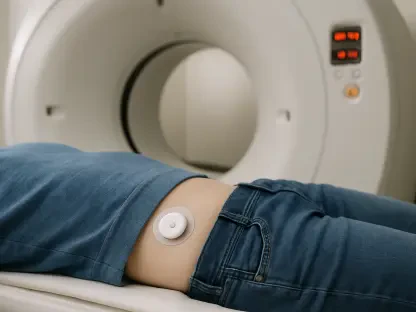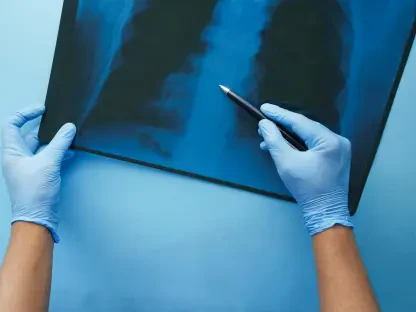In a landmark ruling, a Texas federal court recently overturned the Food and Drug Administration’s (FDA) regulation of laboratory-developed tests (LDTs) as medical devices. This decision, made by Judge Sean Jordan of the U.S. District Court for the Eastern District of Texas, vacates the FDA’s final rule and remands the issue to Health and Human Services Secretary Robert F. Kennedy Jr. The clinical lab industry, represented by groups such as the American Clinical Laboratory Association (ACLA), opposed the FDA rule, arguing it would hinder the development of essential diagnostics and limit the number of tests available, thereby restricting patient access to care.
The FDA’s Regulation and the Court’s Decision
The FDA’s final rule, scheduled to begin its first phase in May, aimed to enforce compliance with medical device reporting, correction and removal procedures, and the maintenance of complaint files. Over the subsequent years, the rule would be phased in entirely. The lab industry contended that LDTs are adequately regulated under the Clinical Laboratory Improvement Amendments (CLIA), which are managed by the Centers for Medicare and Medicaid Services (CMS). The court concurred, emphasizing that the FDA’s attempt to classify LDTs as medical devices exceeded its authority under the Federal Food, Drug, and Cosmetic Act (FDCA). Judge Jordan highlighted that only Congress has the power to amend the text of the FDCA, further criticizing the FDA’s expansive interpretation of the term “device.”
This decision is seen as a victory by the ACLA and other industry stakeholders, who believe it preserves patient access to critical testing services and removes regulatory burdens. ACLA President Susan Van Meter stated the ruling protects the clinical laboratory system in the United States and prevents unnecessary regulatory costs. The Association for Molecular Pathology (AMP), another plaintiff in the case, echoed these sentiments, underscoring the financial implications and long-term benefits for healthcare access. This sentiment is shared by numerous healthcare professionals who believe that FDA regulation would have stifled innovation and development within the field.
Industry and Legislative Implications
Zach Rothstein of AdvaMedDx expressed concerns about the potential for dual regulatory frameworks, suggesting that Congress should intervene to establish a cohesive legislative framework for LDTs. Despite years of attempts, Congress has yet to pass the Verifying Accurate, Leading-edge IVCT Development (VALID) Act, which seeks to clarify and update the regulatory oversight for LDTs. The VALID Act endeavors to create a unified, transparent regulatory system that ensures the safety and effectiveness of these tests without compromising the development and accessibility of new diagnostics.
Overall, the court’s ruling reflects a significant stance against expanding FDA jurisdiction in favor of maintaining the established CLIA regulations. It stresses the importance of precise legislative amendments by Congress to ensure that the safety and effectiveness of diagnostics are not compromised. This ruling underlines the vital need for balance between stringent oversight and fostering innovation within the laboratory testing sector. Many industry experts argue that a well-defined legal framework would benefit all parties involved, ensuring that patients have access to advanced testing and that companies can continue to innovate without excessive regulatory burdens.
The decision by Judge Jordan thus acts as a catalyst for Congress to potentially revisit and solidify the legislative framework around LDTs. This could entail revising the FDCA to explicitly define what constitutes a medical device and the extent to which LDTs should be regulated by the FDA. As the industry and lawmakers deliberate on the next steps, the focus will likely be on providing a clear and effective regulatory pathway that safeguards public health while promoting technological advancements and ensuring patient access to essential diagnostic services.
Conclusion and Future Considerations
In a significant decision, a Texas federal court has recently annulled the Food and Drug Administration’s (FDA) oversight of laboratory-developed tests (LDTs) as medical devices. Judge Sean Jordan of the U.S. District Court for the Eastern District of Texas made this historic ruling, overturning the FDA’s final rule and directing the matter back to Health and Human Services Secretary Robert F. Kennedy Jr.
The clinical laboratory sector, including groups like the American Clinical Laboratory Association (ACLA), has been vocally against the FDA regulation, contending that it would stifle innovation in the development of crucial diagnostic tools and reduce the number of tests accessible to the public, ultimately limiting patient access to necessary healthcare services. This ruling is seen as a victory for laboratories seeking to advance medical testing free from stringent FDA restrictions, aiming for an environment where they can freely develop and provide essential diagnostics to improve patient care outcomes.









